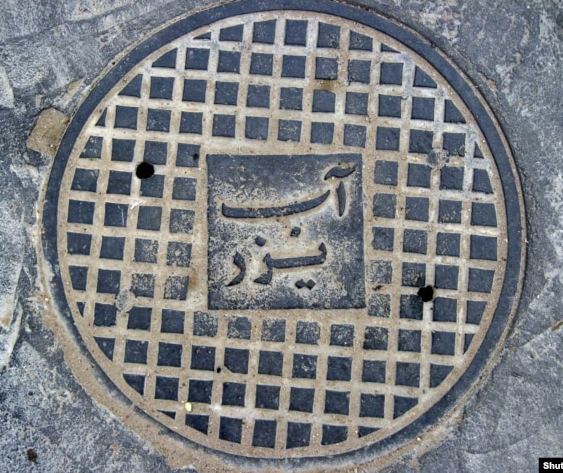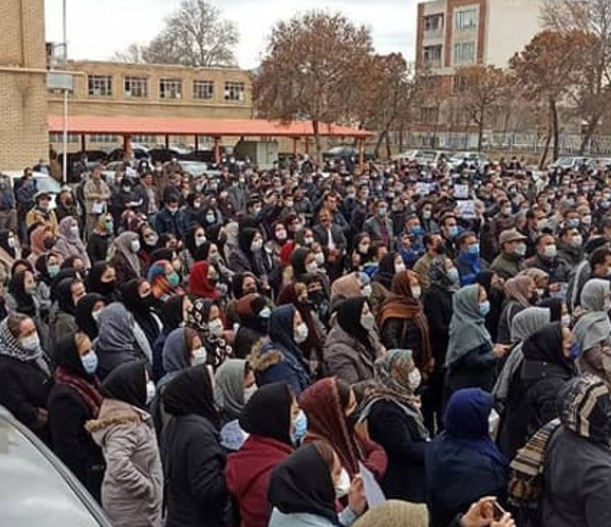December 31, 2021
Thirteen countries have recently rejected imports of Iranian fruits and vegetables due to mold or high pesticide residues.
Mostafa Daraeinejad, the head of Iran’s fruit and vegetable sellers association, told the Iranian Labor News Agency (ILNA) December 10 that India, Russia, Uzbekistan, the United Arab Emirates, Oman, Qatar and others no longer accept certificates issued by Iran’s agricultural organizations and demand that their own standards be met.
Iran’s Customs Administration identified other countries rejecting Iranian shipments as Turkey, Turkmenistan, Afghanistan, Iraq, Spain, Belarus and Azerbaijan.
Iran’s exports of agricultural products last year exceeded 10 percent of the country’s total non-oil exports. Iran is among the top 10 producers of more than two dozen fruits and vegetables, including saffron, apples, citrus fruit, watermelons and other melons, pomegranates, dates, pistachios, and walnuts.
The Customs Administration said the volume of foods so far rejected and returned to Iran was small, amounting to only 14,000 tons worth $9 million. But the number of countries watching Iran’s goods and acting against them was large and suggested that more goods might be rejected in the coming months.
Almost 80 percent of the rejected goods were rejected by Russia, a country identified by Iran as a target for a huge volume of food exports.
Others pointed out that Iranian fruits and vegetables sold inside Iran are not subject to inspection and asked if Iranians are being harmed. Most of the shipments rejected were found to have large amounts of pesticide residue.
Daraeinejad said India was refusing import permits for Iranian kiwi fruit after finding it did not meet safety standards. Iran is seventh in world kiwi production.
Daraeinejad warned that Iran faced the threat of losing agricultural markets if the Ministry of Agriculture did not take immediate action to raise standards. He said the matter should also raise concerns among Iranian consumers, as “Iranians don’t deserve to ingest nitrates and other pesticide residues.”
Iran International reported that in November Uzbekistan turned down several thousand tons of Iranian and Pakistani potatoes due to high levels of pesticide. Qatari importers in November returned to Iran nearly 588 date palms, worth $136,000, imported for lining streets in preparation for the 2022 soccer World Cup.
A few weeks ago, Russia banned imports of some Iranian agricultural products. According to Reza Nourani, chairman of the National Association of Agricultural Producers, a large shipment of peppers was rejected because certificates on pesticide-residue levels were lacking. The Mashregh News website claimed December 1 that “the Israeli lobby” in Russia was behind the move in order to eliminate market competition for Israeli peppers.
According to the Iranian Customs Organization, Iran last year exported $22 million worth of peppers to Russia, which, after the re-imposition of US sanctions in 2018, became one of the major destinations for Iran’s fruit and vegetable exports. Agricultural products have made up more than 80 percent of Iran’s exports to Russia.
Although Iran produces a wide variety of agricultural products, the sector has been battling with serious drought and inadequate water supplies for years. At the same time, environmentalists argue that cultivation of watermelons and cucumbers, two of Iran’s major fruit and vegetable exports, should be banned in most areas as producing one kilo of watermelon requires on average 300 liters of water.























